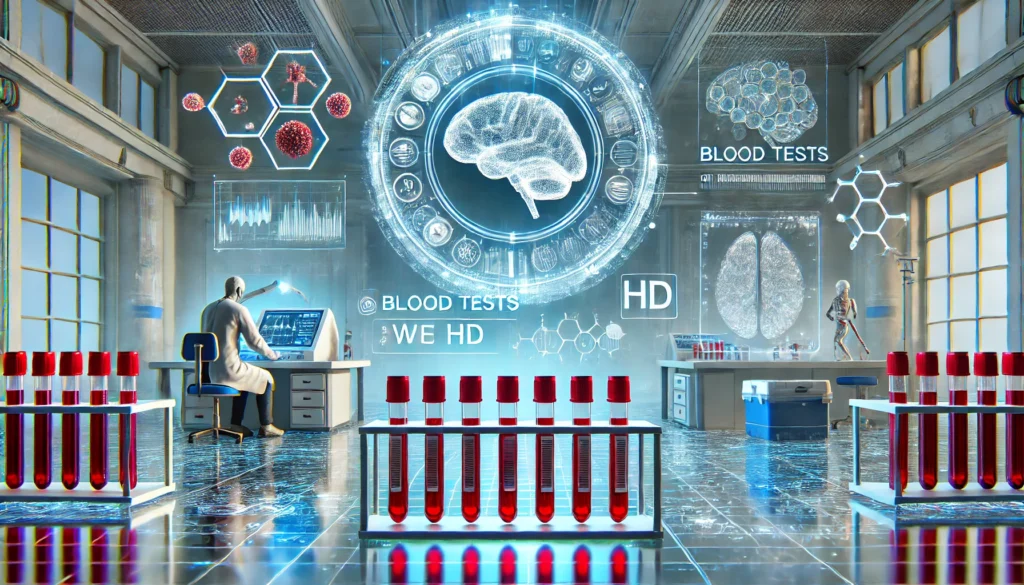Advances in Alzheimer’s Disease Diagnosis: The Promise of Blood Tests
Alzheimer’s disease, a leading cause of dementia among older adults in the U.S., has long posed significant diagnostic challenges. Traditional methods like PET imaging and cerebrospinal fluid (CSF) tests are effective but invasive and costly. Recent advancements in blood test technology, however, are paving the way for earlier and less intrusive diagnosis.
The Science Behind Blood Tests for Alzheimer’s
One promising development is the identification of specific biomarkers in the blood. Researchers have focused on proteins such as beta-amyloid (Aβ) and tau, which are hallmarks of Alzheimer’s disease. A particular form of tau protein, ptau217, has shown remarkable accuracy in distinguishing Alzheimer’s from other dementias and even identifying the disease years before symptoms emerge.
Studies have demonstrated that ptau217 measurements in blood samples can predict Alzheimer’s-related brain changes with over 90% accuracy, comparable to traditional PET scans and CSF tests.
Dementia Risk Calculator
Dementia Risk Calculator
Another innovative approach involves detecting toxic aggregates of Aβ, known as oligomers, which form in the brain long before symptoms appear. Researchers at the University of Washington developed the soluble oligomer binding assay (SOBA) that detects these toxic Aβ oligomers in blood samples.
SOBA was tested on nearly 400 human blood samples and successfully identified oligomers in the vast majority of individuals with Alzheimer’s or mild cognitive impairment. This method also showed potential in predicting Alzheimer’s before cognitive symptoms manifested.

Implications for Early Diagnosis and Treatment
These advancements in blood test technologies offer several benefits. Early detection through a simple blood test could enable timely intervention and the implementation of preventive strategies. It could also facilitate the development and monitoring of new treatments, potentially improving patient outcomes. Furthermore, blood tests are less invasive and more accessible than current diagnostic methods, making them a practical option for widespread screening.
The National Institute on Aging (NIA) and other research bodies continue to fund and support studies aimed at refining these blood tests and validating their effectiveness across diverse populations. As research progresses, these tests could revolutionize how Alzheimer’s disease is diagnosed and managed, offering hope to millions of individuals and families affected by this devastating condition.





